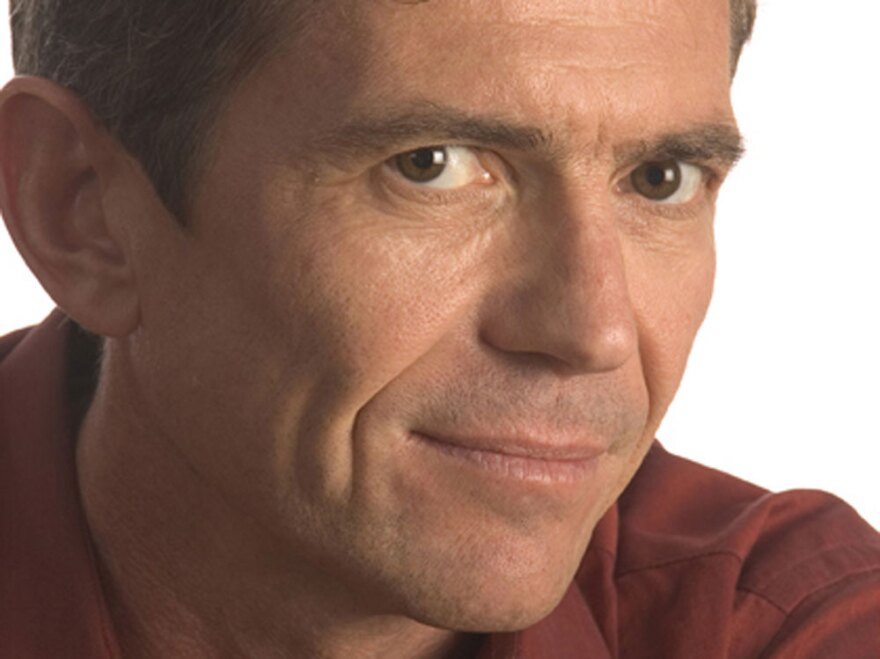Beginning with his delightful 1987 debut, The Object of My Affection, Stephen McCauley has helped revive and update the modern comedy of manners by unleashing his considerable wit on unconventional domestic arrangements. His is a world where gay men fall in love with married straight men, straight women are drawn inconveniently to gay partners, and even people who do not always behave admirably still elicit our sympathies.
Following his highly praised Alternatives to Sex, which concerned real estate and the rub between the desire to do good versus the even stronger desire to feel good, his sixth novel, Insignificant Others, takes a gently satiric look at what it means to see someone on the side of a serious relationship, and whether there really is such a thing as an insignificant other.
McCauley's narrator, Richard Rossi, is a 50-something, gym-addicted psychologist and social worker who gave up private practice for a well-paying but soulless job in human resources at a Massachusetts software company called Connectrix. Having lost the HIV-positive love of his life to an unrelated melanoma, he's been living for eight years with blond, arrogant, younger but no longer young Conrad Mitchell, an art consultant for wealthy clients. When Richard discovers that Conrad has been seeing an older man on his business trips to Columbus, Ohio, he's not entirely surprised. In fact, he can hardly object, as he himself has been meeting a still-closeted married man, Ben, for the past three years in an apartment they call the Club, for long lunches that are "like a series of one- and two-hour vacations on a calm, lovely island."

Richard consoles himself about life's disappointments -- including the limits of his relationships with both Conrad and Ben -- with what he calls his "At Least List … a litany of compensatory clauses" that "helped me believe I was organizing my disappointments and betrayals, a lesser accomplishment than overcoming them but better than nothing." Some typical examples: "My funds are going down, but at least I've still got money to lose"; "My face might look like a topographical map of the Andes, but at least I don't have skin cancer"; or, cutting closer to the core, "We officially ended things, but at least I told him how I felt about him."
McCauley is a sparkling writer. He tosses off witticisms with the alacrity of a Noel Coward and Oscar Wilde freed from cultural restraints on homosexuality. His protagonist describes a golf swing as "a spinal twist, yoga without the spiritual claptrap," and comments about his elastic definition of monogamy: "Even though it's usually not acknowledged, at a certain point in most relationships, discretion supplants fidelity as a guiding virtue."
Set during the Bush years, which Richard equates with the waning of the American empire and a loss of "moral authority," Insignificant Others is also (on a deeper level) about being "headed for a fall" and regaining one's moral bearings just in time.
Copyright 2023 NPR. To see more, visit https://www.npr.org. 9(MDM3NjYwMjA5MDE1MjA1MzQ1NDk1N2ZmZQ004))


